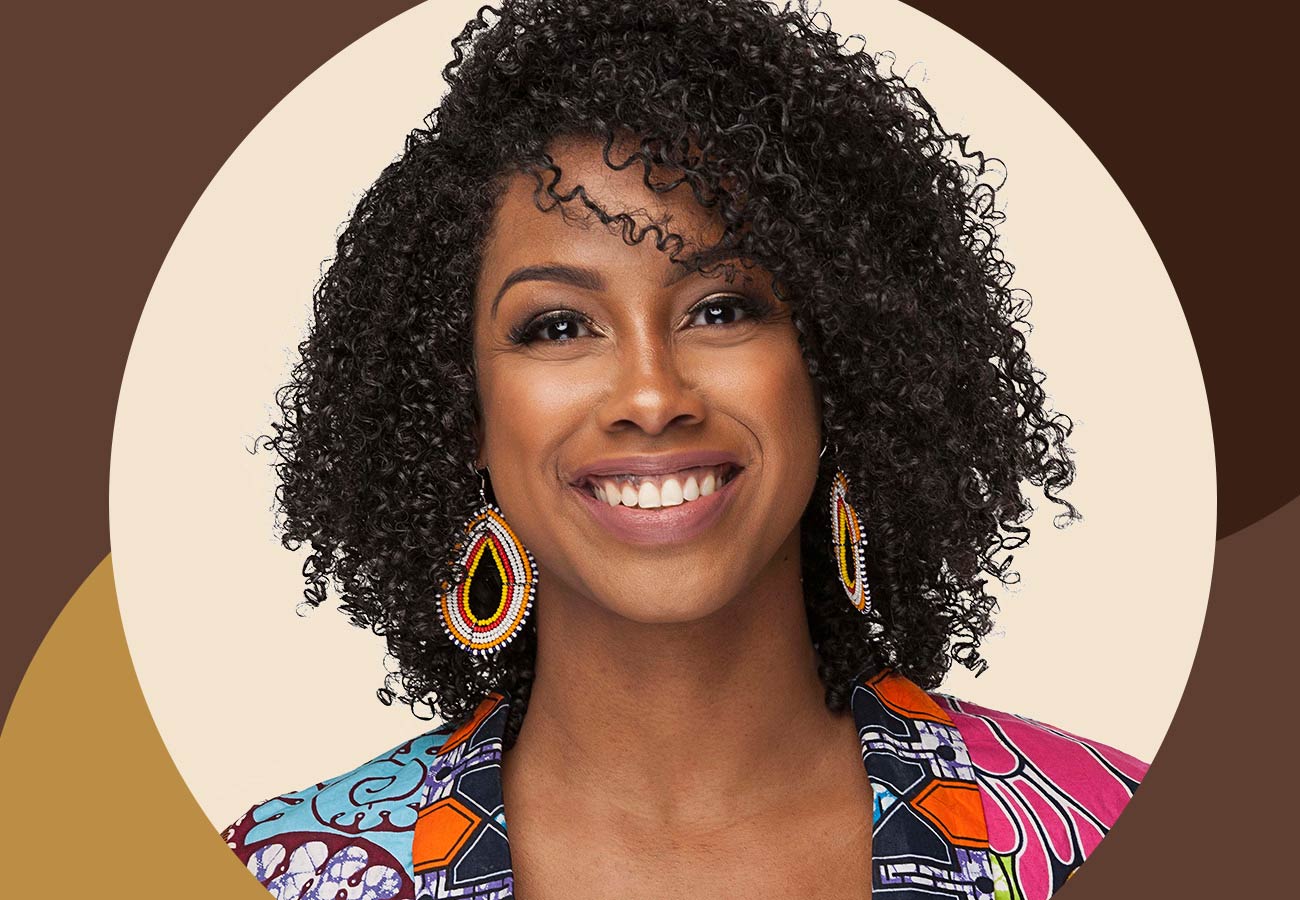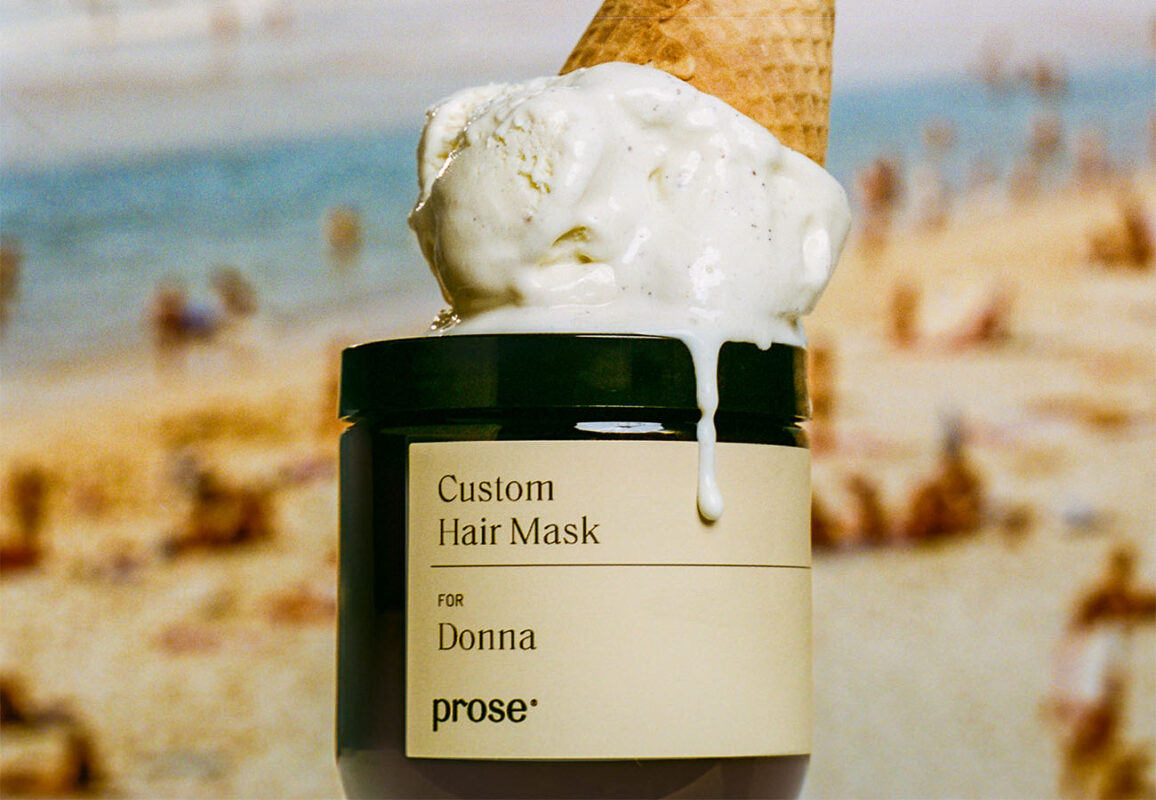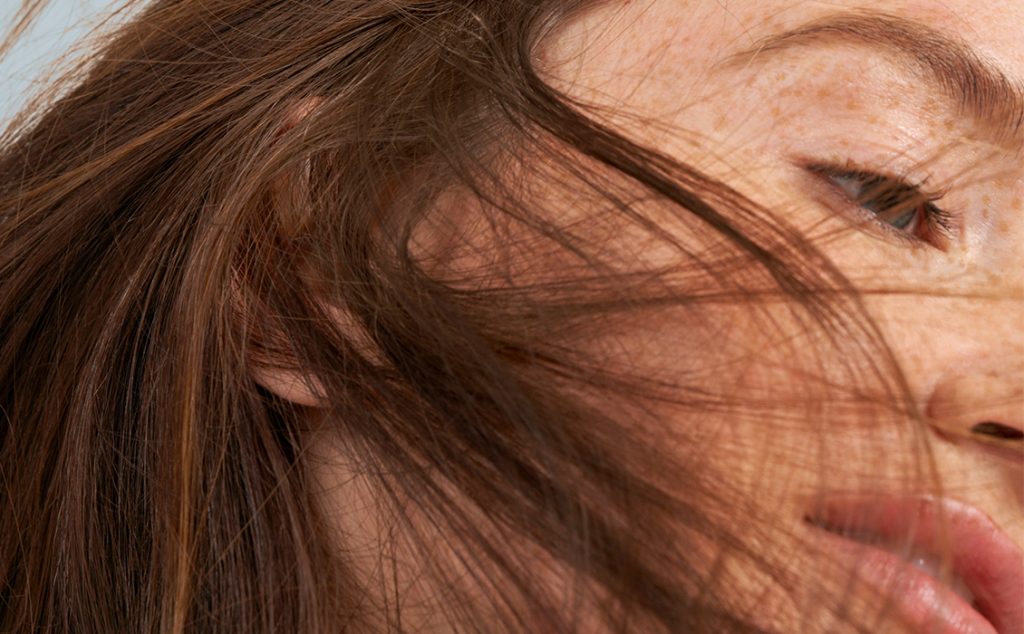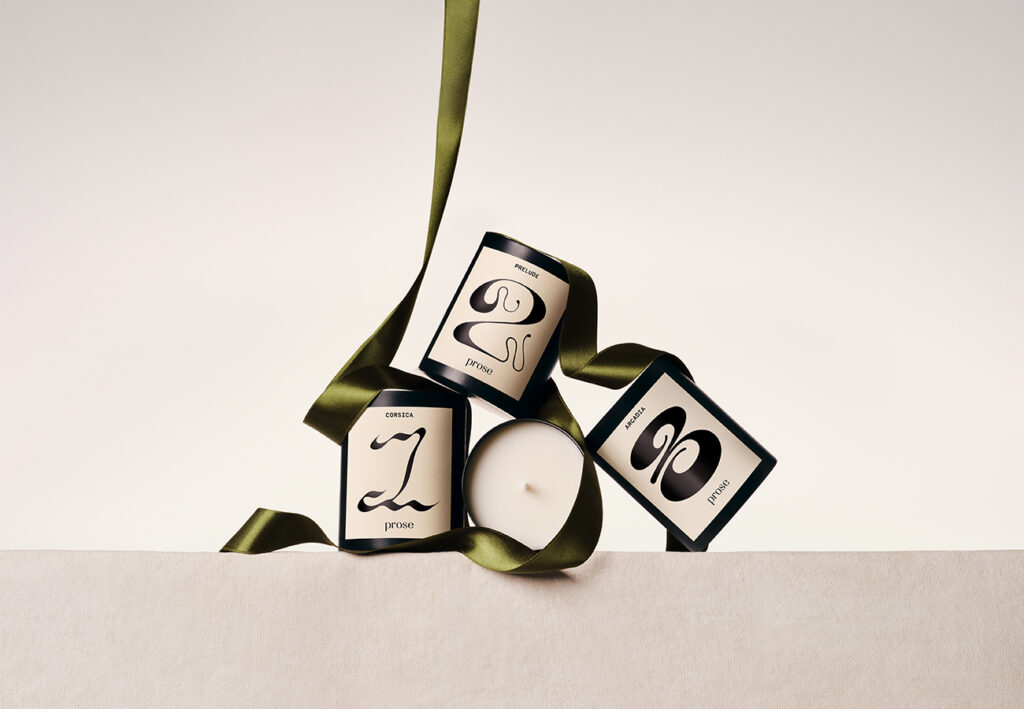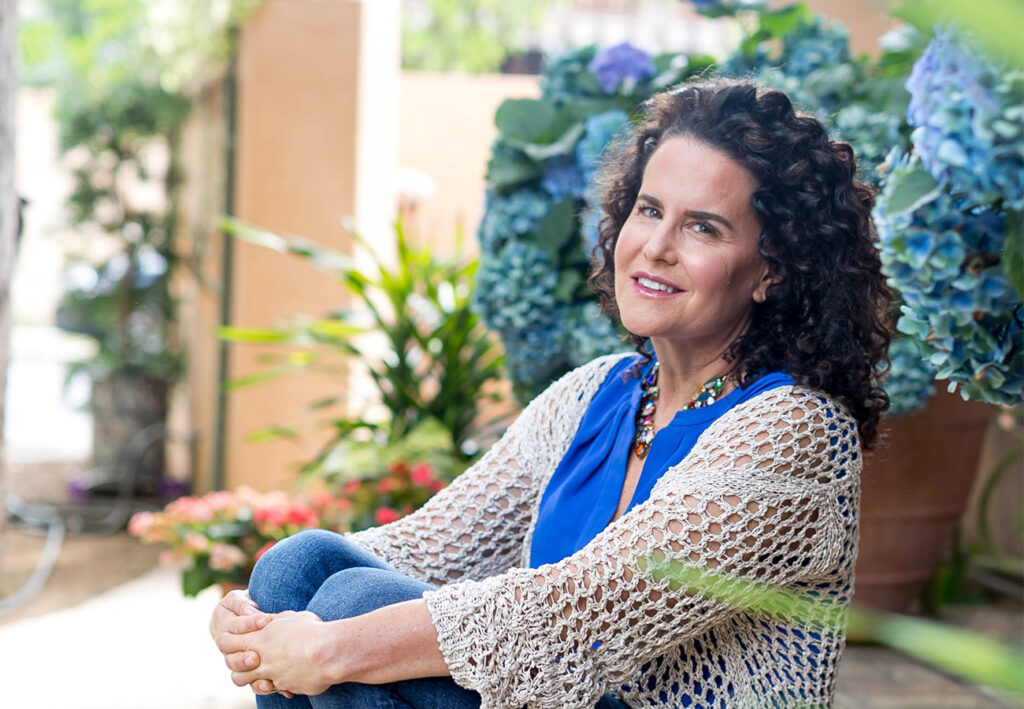PsychoHairapy is many things. Yes, it’s a theoretical concept, a practice, and a way of seeing the world, but it’s also a course where people are schooled in the scientific study of behavior and mental processes as they relate to hair. Since founding the practice in 2020, Dr. Afiya has trained everyone from stylists and barbers to teachers and health professionals on the connection between hair and a person’s mental health.
The healing power of a hair appointment
Dr. Afiya zeroed in on a universal experience: the healing power of getting your hair done. We trust our stylists both physically (with our hair) and mentally (with our stories, secrets, and stressors). There’s something about sitting in that chair and getting a head massage or having your hair styled that triggers a release. Dr. Afiya harnessed that power to address an issue that’s not quite as universal: the mental and emotional stress hair has on a person, particularly those in the Black and BIPOC communities.
PsychoHairapy wants to address hair depression
Over a two-day course, Dr. Afiya’s students are taught skills like ‘active listening’ and ‘mental health first aid’ so that they can address their clients’ emotional needs on a whole new level. By learning the history of hair and its cultural significance they get a better understanding of why exactly hair has such a high impact on a person’s mental health. They’re taught about the history of hair in our culture and about the laws created to target Black people’s hair that make it legal to discriminate against someone solely based on how they choose to wear their hair. Some initiatives, like the Crown Act, fight discriminatory laws that are still in place today.
“I love studying and talking about hair history because it’s so ancient. Understanding that hair is the highest point of our entire bodies and grasping how this connects us to everything around us, along with how that has been studied in ancient Egypt and the Caribbean is crucial,” says Dr. Afiya. PsychoHairapy’s goal is “to create a culture around really caring for someone and their hair. The person being central, their hair being secondary, and having open conversations about what the client wants and doesn’t want.”
The role PsychoHairapy plays in salons
While the certification is open to anyone—teachers, therapists, etc.—Dr. Afiya’s current focus is hairstylists. The intimacy between a stylist and client fosters a relationship where the stylist offers advice and opinions. In PsychoHairapy, stylists are encouraged to practice active listening instead, with the belief that healing really starts to happen when someone feels “heard” or is “touched in a certain way that communicates real listening”. They’re also taught mental health first aid. The training offers a framework and tips on how to notice and label clinical conditions, like trichotillomania, or damaging actions like cutting and self harm. After which, they make referrals to a mental health professional so their client can get the help they truly need. One student even joined up with a social worker to facilitate a stress management group out of her salon.
Hair discrimination’s deep roots
“People don’t seem to understand how sacred hair is. In a lot of ancient African societies hair was crucial to rituals. It was how you would prepare the mind, body, and spirit to receive a blessing. There were hairstyles that were so ornate that it could take days to complete,” says Dr. Afiya. This reverence for hair did not carry over to colonial America where slaves were seen as animals not people. “Black hair was often referred to as wool or fur,” she says. “Hair is so connected to racism. It’s really a re-education process. Because this country is so race-based, we have to have these conversations about race relations, skin color, hair, and even facial features very early on and in schools.”
The mental toll of embracing your natural texture
Understanding the history of hair discrimination and breaking down long-ingrained societal standards around hair, is the first step to healing and to helping a client cope with stressful life moments associated with their hair. One of those times for many Black women is the transition from heat- or chemically-straightened hair to her natural texture.
Dr. Aifya identified the different stages of transitioning using what’s referred to as the Transtheoretical Model, also called the stages of change model. She explains that it’s often used to get someone off of drugs. “I was able to draw a parallel between the steps and process. With PsychoHairapy, it’s identifying something called motivational interviewing to understand where someone is psychologically in the process of hair transitioning. There are a few stages, one being the relapse stage. So just like the way someone can relapse from a substance, the same thing happens when people transition to go natural and then go back to heat styling and straightening their hair.”
In her research, Dr. Afiya discovered that many women who found themselves relapsing claim that if they had a stronger support system or knew other women transitioning that they would have been less likely to relapse and give in to heat styling. With the help of PsychoHairapy, women can now look to their stylists for that support.
Hair-associated stress is even influenced by a woman’s romantic relationships. Dr. Afiya’s article, Strands of Intimacy, explores the dynamic between women and men in intimate relationships and how that often plays a role in how a woman chooses to wear her hair. She also penned an article on hair discrimination, which speaks on the stress and anxiety Black women experience from wearing their hair natural in school, at work, in an interview, or even in social settings. She uses these same reports and articles in her PsychoHairapy training.
Changing the conversation
Our hair isn’t just hair and that’s why it affects and impacts how we feel and how we carry ourselves. It can bring us high highs, like right after a fresh trim or color, and low lows, if it doesn’t fit society’s definition of beauty or even starts falling out. The factors that go into these feelings are complicated. From history to our DNA to the energy that exudes from our hair and even politics, hair’s impact is layered. Thanks to gamechangers like Dr. Afiya we can start to untangle the invisible stressors that hold us back from celebrating our hair in a beautifully inclusive way.

